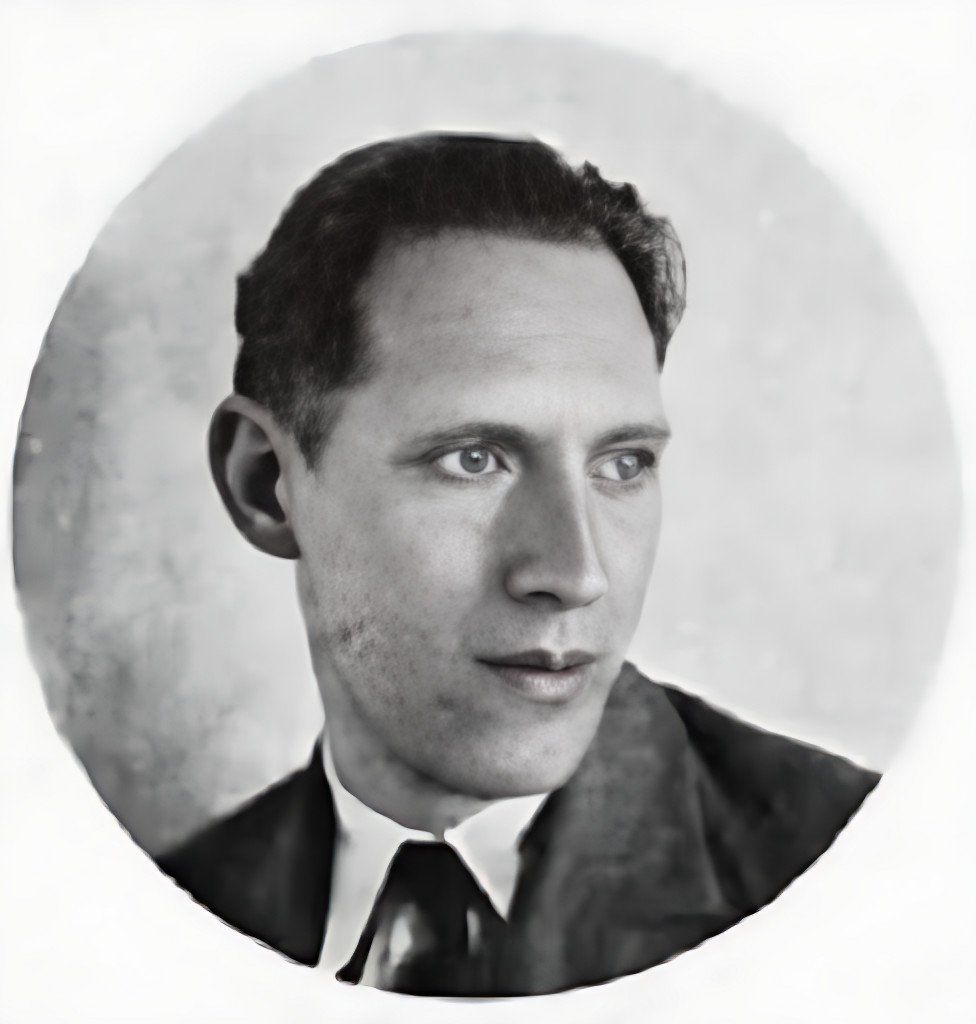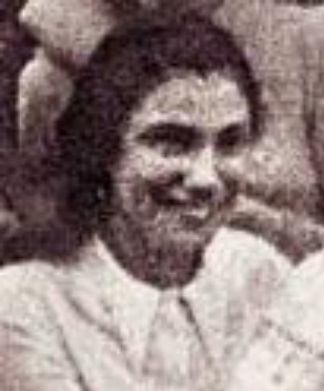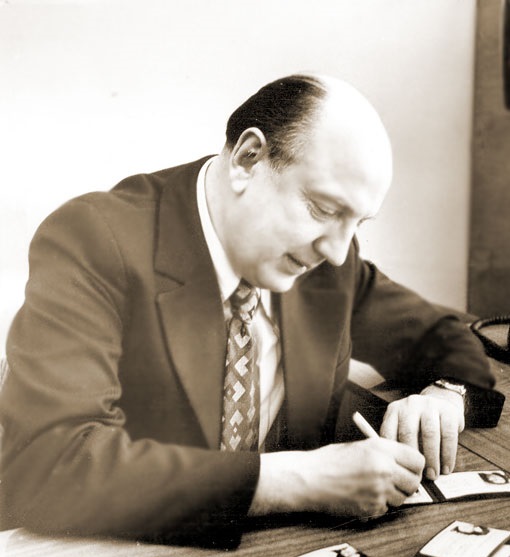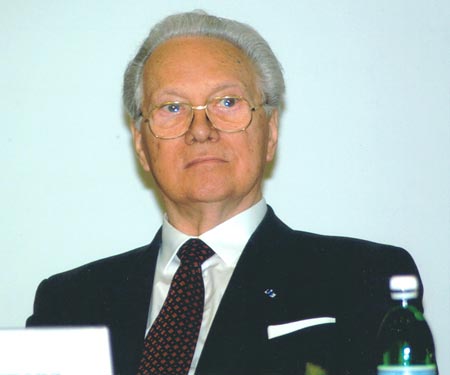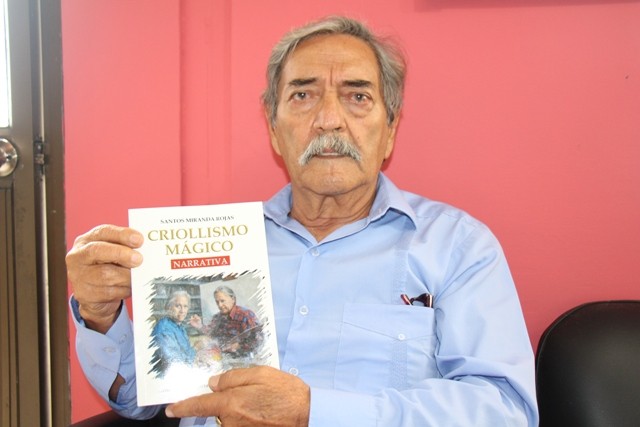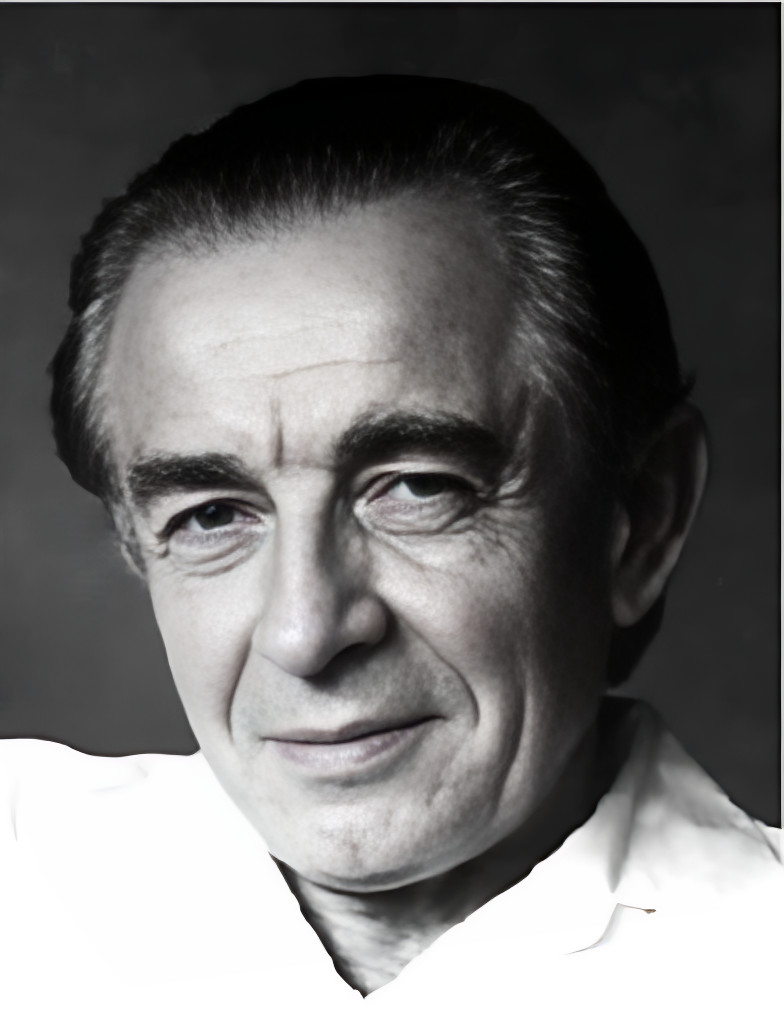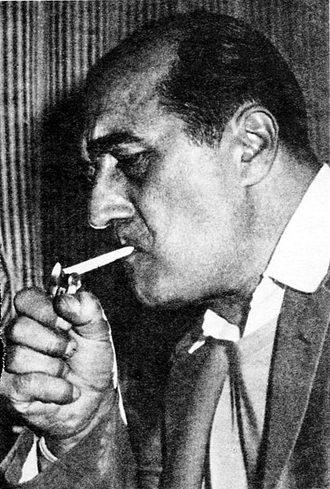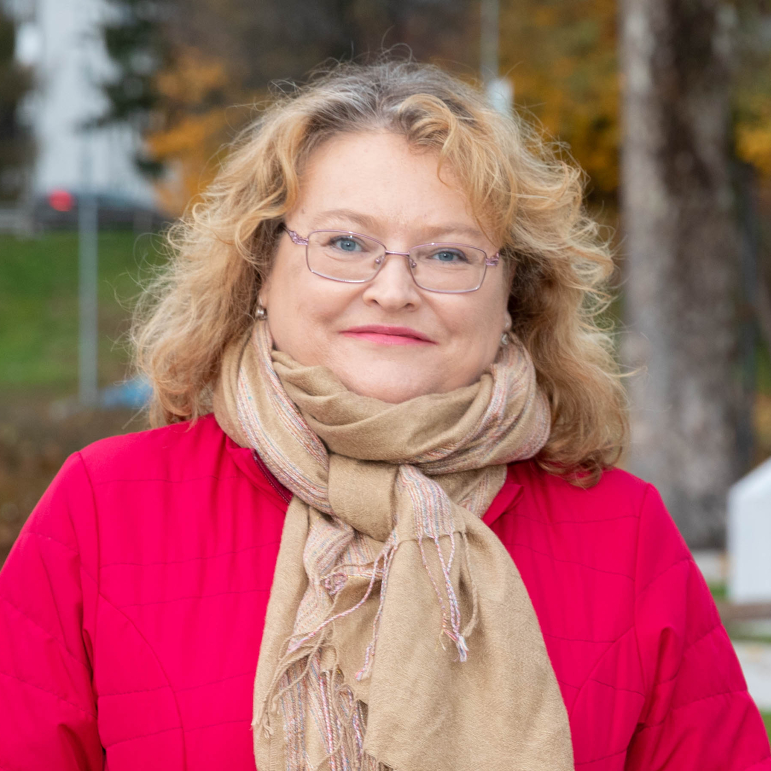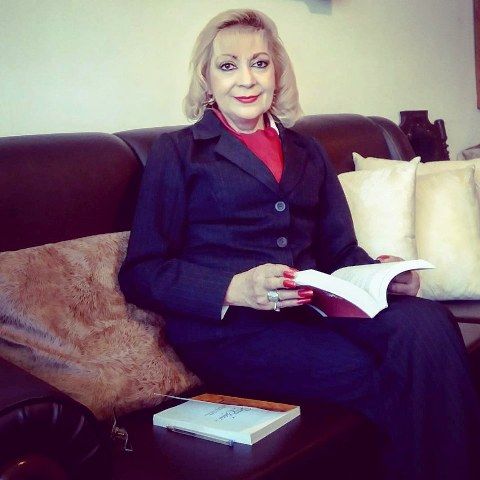Rajna Đurđev was a Spanish to Serbian translator. In 1964, she translated Ecuador’s most famous novel “Huasipungo” (written in 1934 by Jorge Icaza) as “Indijanska polja” (literally, Indian Fields). In Serbian Jorge Icaza’s name is spelled Horhe Ikasa. Rajna Đurđev is perhaps best known for her Serbian translation of Argentina’s Enesto Sabato’s novel “El túnel” as “Tunel” in 1948.
Continue reading “Rajna Đurđev”Author: richard
Silvester Škerl
Silvester Škerl (June 10, 1903 – March 28, 1974) was a Slovenian translator, actor, publisher, editor, and poet. He is known primarily for his translation work, especially after the Second World War, when he translated the works of authors such as Alexandre Dumas, Hans Hellmut Kirst, Miroslav Krleža and Stendhal. In 1954 he published “Mešanci,” a Slovenian translation of the 1937 Ecuadorian novel “Cholos” by Jorge Icaza. Silvester Škerl was a citizen of Austria-Hungary, the Kingdom of Italy, and the Socialist Federal Republic of Yugoslavia.
Continue reading “Silvester Škerl”Lucilla Soro
Lucilla Soro is a Spanish to Italian translator. In 2018, she translated the 1934 Ecuadorian novel “Huasipungo” by author Jorge Icaza. This is the novel’s second translation into Italian as Giuseppe Bellini previously translated it in 1961. Other translations by Lucilla Soro include “Per amore della giustizia” by Teresa Forcades, “Migrazioni” by Marc Augé, and “I labirinti della vita” by José Pepe Mujica and Kintto Lucas. She currently lives in Estado Miranda, Venezuela.
Skina Vafa (Скины Вафа)
Skina Habibovna Vafa, or Скина Хабибовна Вафа (Moscow, USSR, February 18, 1928 – October 16, 2005) was a Spanish-to-Russian translator. In 1966, she translated the Ecuadorian novel “El chulla Romero y Flores” by Jorge Icaza into Russian as “Человек из Кито” (literally, The Man from Quito). She graduated from the Moscow Pedagogical Institute of Foreign Languages in 1951. From 1953-1958, she worked in the journal “Soviet literature (in foreign languages),” and from 1958-1963, she worked for Goslitizdat. In 1956, she began publishing her translations of prose by authors such as E. Mendoza, A. Barrera, S. Marg, E. Quiroga, among others. In 1957, she became a member of the Union of Journalists of the USSR, and in 1987, a member of the Union of Writers of the USSR.
Continue reading “Skina Vafa (Скины Вафа)”Venedikt Vinogradov
Venedikt Stepanovich Vinogradov, or Виноградов В. (July 11, 1925 – August 15, 2009) was a prose writer, university professor, and renowned translator of Spanish-language literature into Russian. In his lifetime, he published more than 100 scientific papers and about 30 literary translations of novels, short stories and collections of short stories by Latin American and Spanish authors. The total circulation of these publications exceeds 2 million copies. In 1976, Vinogradov translated Ecuador’s most famous novel, “Huasipungo” by Jorge Icaza into Russian as “Уасипунго.” In Russian, Jorge Icaza’s name is spelled Хорхе Икаса.
Continue reading “Venedikt Vinogradov”Giuseppe Bellini
Giuseppe Bellini (Isorella, October 23, 1923 – Milan June 19, 2016) was an Italian writer, literary critic, translator, university professor, and a leading Hispanist. He was a pioneer in Hispanic American literature studies in Italy and taught at a number of institutions, including: Bocconi University, University of Parma, University of Venice, and University of Milan. In 1961, Bellini translated his first work of prose, “Huasipungo,” a famous Ecuadorian novel originally written by Jorge Icaza in 1934. Over the course of his career, Bellini translated 81 works, wrote 69 volumes of literary criticism, and wrote over 500 essays and reviews. Bellini also translated works by Ciro Alegría, Pablo Neruda, and Miguel Ángel Asturias, among other Latin American authors.
moreSantos Miranda Rojas
Santos Miranda Rojas (Guayaquil, September 12, 1940) is an Ecuadorian novelist and short story writer. He has lived in the city of Manta in the province of Manabi for many years and mostly identifies as Mantanese or Manabite. He was president of the Manabi chapter of the House of Ecuadorian Culture, president of the Manabi chapter of the Latin American Union of Writers, first president of the cultural group Alfaro Camina, director of the Sunday supplement Séptimo Día of the newspaper El Mercurio of Manta. Among his many accolades are the following: First Prize of the Oswaldo Castro Intriago Biennial Novel Award, presented by the House of Ecuadorian Culture, Manabi; the Intercollegiate Read Book Competition, sponsored by the Municipality of Quito; In 2000, his short story “El Niño Pintor” won silver at an international competition hosted by the government of Argentina, the Buenos Aires Lions Club, the Organization of American States, and the Spanish Embassy. Among his best known works is the novel, “La Casa del Nené” (2009) and the narrative book “Criollismo Mágico” (2014).
.
Continue reading “Santos Miranda Rojas”Tadeusz Jakubowicz
Tadeusz Jakubowicz (1887-1985) was a Polish translator who translated works from English, Russian, French, Italian, and Spanish into Polish. In 1950, he translated the famous Ecuadorian novel “Huasipungo” by Jorge Icaza from Spanish to Polish as “Dławiące dzierżawy.” Among other authors whose works he translated are: Alexandre Dumas, Gustav Flaubert, John Dos Passos, and John Galsworthy.
Věra Prokopová
Věra Prokopová (May 1903 – October 28, 1985) was a Czech translator who translated from the French, Russian and Spanish languages into Czech. In 1963, she translated the Ecuadorian novel “El chulla Romero y Flores” into Czech as “Chlapík z Quita,” (literally, The Lad from Quito). Her translation of Icaza’s work (with an afterword) was published in 1963 by SNKLU (Státní nakladatelství krásné literatury a umění). Adolf Born designed the book’s dust jacket.
Continue reading “Věra Prokopová”Vlaicu Bârna
Vlaicu Bârna (1913 – 1999) was an award-wining Austro-Hungarian-born Romanian poet. In 1965 he made a Romanian translation of the Ecuadorian novel “Huairapamuchcas” by Jorge Icaza as “Copiii vîntului,” (literally, “Children of the Wind”). Other authors he translated include Adam Mickiewicz, Heinrich Heine and Victor Hugo. He won the Ion Pavelescu Prize for sonnets in 1934 and the Romanian Academy’s Mihai Eminescu Prize in 1977. He wrote two historical novels for young people: Romanul Caterinei Varga (1961) and Când era Horia împărat (1962).
Continue reading “Vlaicu Bârna”Mervyn Savill
Mervyn Savill was a British translator, writer, and editor. During his most productive period (from the 1940s to the 1960s), he translated more than 100 books for various publishers into English from German, French, Italian, Swedish, Danish, Norwegian, and Spanish. Savill translated the famous Ecuadorian novel “Huasipungo” by Jorge Icaza into English in 1952, and it was published in 1962 by Dennis Dobson Ltd, London. His translation was based on the original 1934 publication of the book. His other accomplishments as a translator include being the first to bring German Nobel laureates Herman Hesse and Heinrich Böll to the English public.
Continue reading “Mervyn Savill”József Füsi
József Füsi, born József Horváth (Hajmáskér, April 2, 1909 – Budapest, August 10, 1960) was a Hungarian writer, playwright, literary translator, and teacher. In 1949, he translated the novel “Huasipungo,” by Ecuador’s Jorge Icaza into Hungarian as “Indián átok” (literally, Indian Curse). For ten years from 1935, he was a teacher at the capital’s Italian secondary school, and until 1947, acting director. After that, he was acting director of the Vígszínház for a year, as well as dramaturg-lecturer. Between 1954 and 1957 he was a member of the military writing group. His plays appeared on the radio in the 1950’s. His most notable translations include Giovanni Boccaccio’s Life of Dante and Benvenuto Cellini’s Autobiography.
Continue reading “József Füsi”Tibor Kobáň
Tibor Kobáň (1912-1996) was a Spanish-to-Slovak translator who in 1963 translated “En las calles,” a novel by Ecuador’s Jorge Icaza, as “Na uliciach” (literally, On The Streets). Self taught in Spanish and a lover of literature in Romance languages, in 1948 Kobáň created the first Spanish-to-Slovak translations of Latin American works. They were the novels “Miércoles santo” [Defilé hriechu] and “La noche toca a su fin” [Noc už pominula] by Manuel Gálvez and “El camino de las llamas” [Cesta lám] by Hugo Wast, well-known Argentinian writers of that time.
Continue reading “Tibor Kobáň”Barbara Pregelj
Barbara Pregelj (April 12, 1970) is a Slovenian writer, editor, scholar of Spanish-language literature, researcher, translator, cultural promoter, and university professor. She’s the author of more than 20 scientific articles and 2 books, and has also translated over 40 books from Spanish to Slovenian. In 2001 she translated the Ecuadorian novel, “Huairapamuchcas,” by Jorge Icaza into Slovenian as “Huairapamuške: sinovi vetra” She has organized and coordinated many visits by foreign authors in Slovenia, along with visits by Slovenian authors to Spain, and several international symposia. She regularly presents papers at conferences, symposia and roundtables, both in Slovenia and abroad.
Continue reading “Barbara Pregelj”Susana Costales Terán
Susana Costales Terán (Riobamba, March 24, 1960) is a writer and poet. She has twice served as president of the Association of Contemporary Women Writers of Ecuador, Matriz Chimborazo. She is also a member of the House of Ecuadorian Culture in Chimborazo, President of the musical group Rondalla de Riobamba, President of the Los Superstar Club, and President of the Club Antifaz. Her father was the renowned writer Luis Alberto Costales. She is currently a language and literature teacher at Unidad Educativa Jefferson, a school in the Riobamba canton. She also directs a cultural radio program, gives free public speaking classes, and conducts literary workshops and conferences. She owns and operates Café Libro El Zaguán, a cafe which aims to serve as a cultural meeting spot for poetry, art and music; it holds poetry recitals at the end of each month.
Continue reading “Susana Costales Terán”
